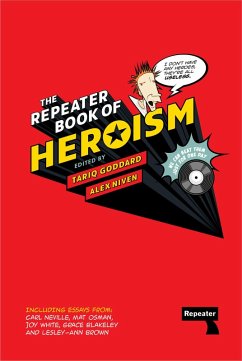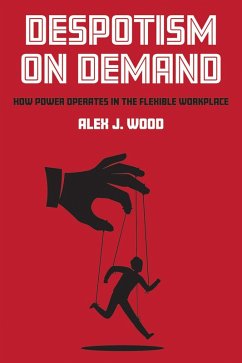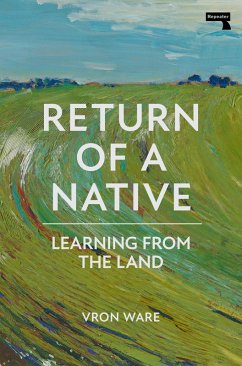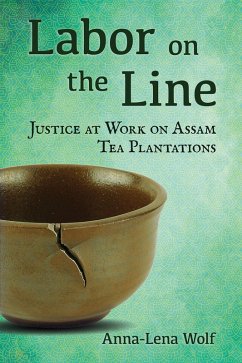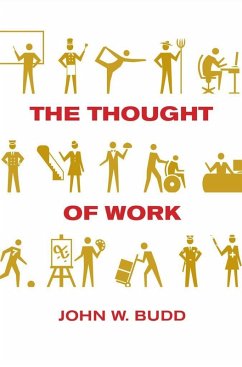
The Thought of Work (eBook, ePUB)

PAYBACK Punkte
9 °P sammeln!
What is work? Is it simply a burden to be tolerated or something more meaningful to one's sense of identity and self-worth? And why does it matter? In a uniquely thought-provoking book, John W. Budd presents ten historical and contemporary views of work from across the social sciences and humanities. By uncovering the diverse ways in which we conceptualize work-such as a way to serve or care for others, a source of freedom, a source of income, a method of psychological fulfillment, or a social relation shaped by class, gender, race, and power-The Thought of Work reveals the wide-ranging nature...
What is work? Is it simply a burden to be tolerated or something more meaningful to one's sense of identity and self-worth? And why does it matter? In a uniquely thought-provoking book, John W. Budd presents ten historical and contemporary views of work from across the social sciences and humanities. By uncovering the diverse ways in which we conceptualize work-such as a way to serve or care for others, a source of freedom, a source of income, a method of psychological fulfillment, or a social relation shaped by class, gender, race, and power-The Thought of Work reveals the wide-ranging nature of work and establishes its fundamental importance for the human experience. When we work, we experience our biological, psychological, economic, and social selves. Work locates us in the world, helps us and others make sense of who we are, and determines our access to material and social resources.
By integrating these distinct views, Budd replaces the usual fragmentary approaches to understanding the nature and meaning of work with a comprehensive approach that promotes a deep understanding of how work is understood, experienced, and analyzed. Concepts of work affect who and what is valued, perceptions of freedom and social integration, identity construction, evaluations of worker well-being, the legitimacy and design of human resource management practices, support for labor unions and labor standards, and relationships between religious faith and work ethics. By drawing explicit attention to diverse, implicit meanings of work, The Thought of Work allows us to better understand work, to value it, and to structure it in desirable ways that reflect its profound importance.
By integrating these distinct views, Budd replaces the usual fragmentary approaches to understanding the nature and meaning of work with a comprehensive approach that promotes a deep understanding of how work is understood, experienced, and analyzed. Concepts of work affect who and what is valued, perceptions of freedom and social integration, identity construction, evaluations of worker well-being, the legitimacy and design of human resource management practices, support for labor unions and labor standards, and relationships between religious faith and work ethics. By drawing explicit attention to diverse, implicit meanings of work, The Thought of Work allows us to better understand work, to value it, and to structure it in desirable ways that reflect its profound importance.
Dieser Download kann aus rechtlichen Gründen nur mit Rechnungsadresse in A, D ausgeliefert werden.




